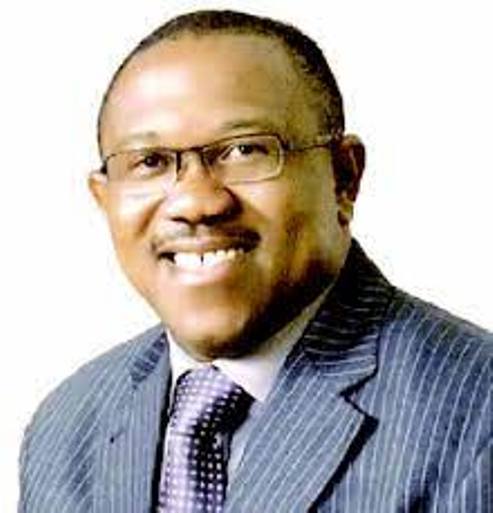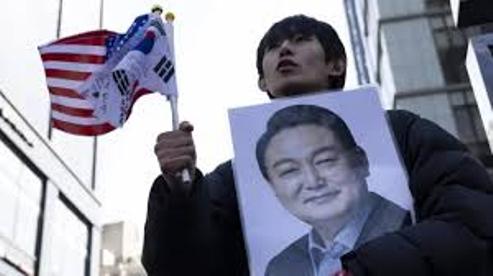
LAGOS MARCH 6TH (NEWSRANGERS)-Nigeria’s attempts at stemming the tides of official corruption for years now have been hampered by the inability of the various government agencies set up for this purpose, to work collectively and in unison, the British Council, which is an agency of the government of the United Kingdom (UK), has said.
According to the British Council, anti-corruption agencies of Nigeria such as the Economic and Financial Crimes Commission (EFCC); Code of Conduct Bureau (CCB); Independent Corrupt Practices and Other Related Offences Commission (ICPC) and the Nigeria Financial Intelligence Unit (NFIU) which recently got independence from the EFCC, have continued to work in silos, thus frustrating the fight against corruption.
The Programme Manager of the Rule of Law and Anti-corruption (RoLAC) Programme of the British Council, Mr. Uche Emmanuel, stated this at a workshop organised for anti-corruption agencies and law enforcement officers by the Nigeria Extractive Industries Transparency Initiative (NEITI); European Union (EU) and the British Council, yesterday in Abuja.
Speaking at the workshop which was initiated to educate anti-corruption and law enforcement agencies on the need to push further NEITI’s mandate in Nigeria’s extractive sectors, Emmanuel noted that most often the anti-corruption agencies take up isolated and high profile corruption cases without recourse to each other for cooperation.
“The challenge is that most of us continue to work in silos. Most of the agencies that have been instituted to fight corruption, not just work in silos but many of them are working at what I call the micro level.
“They are so fixated on their primary mandate, and I said this to them at the EFCC in-house retreat they had last week, that they are so fixated on their primary mandate and forget the big picture,” said Emmanuel in his assessment of the country’s anti-corruption fight.
He added: “Several times we could get so fixated pursuing one very high level corruption case, pursuing one highly exposed person forever and get all the media attention, but you are set up to impact a country of 200 million people, and so one isolated mega case will not take us to where we are going, and you cannot do it in a silo. Nobody is an island; you definitely need to work with people.”
Also speaking at the meeting, the Executive Secretary of the NEITI, Mr. Waziri Adio, stated that NEITI’s work of identifying revenue leakages in the extractive sector have yielded minimal results as regards stemming the tides because these law enforcement and anti-corruption agencies do not take interest in its periodic reports.
Adio explained that the agencies could for instance take up NEITI’s recent report on monies Nigeria has not been able to gain from its failure to review a 1993 production sharing contract (PSC) regulation despite existing clauses that guarantee such review.
Adio said: “We need to come to the table with knowledge. Our job in NEITI is to produce reports and we have done that and put in the public domain. Where our work stops is where the works of others start, but does that happen all the time? Not necessarily.
“We would love a situation where we can go beyond just the reports, stimulate the debate, implement reforms, investigate and prosecute. We need to put a price on bad behaviour. We need to collaborate to ensure these bad practices stop. And we can look at it from an output-input framework. Our work as important as it is, if you don’t use it, it is then useless.”
THISDAY
British Council Accuses EFCC, Others Of Frustrating Anti-Corruption War










